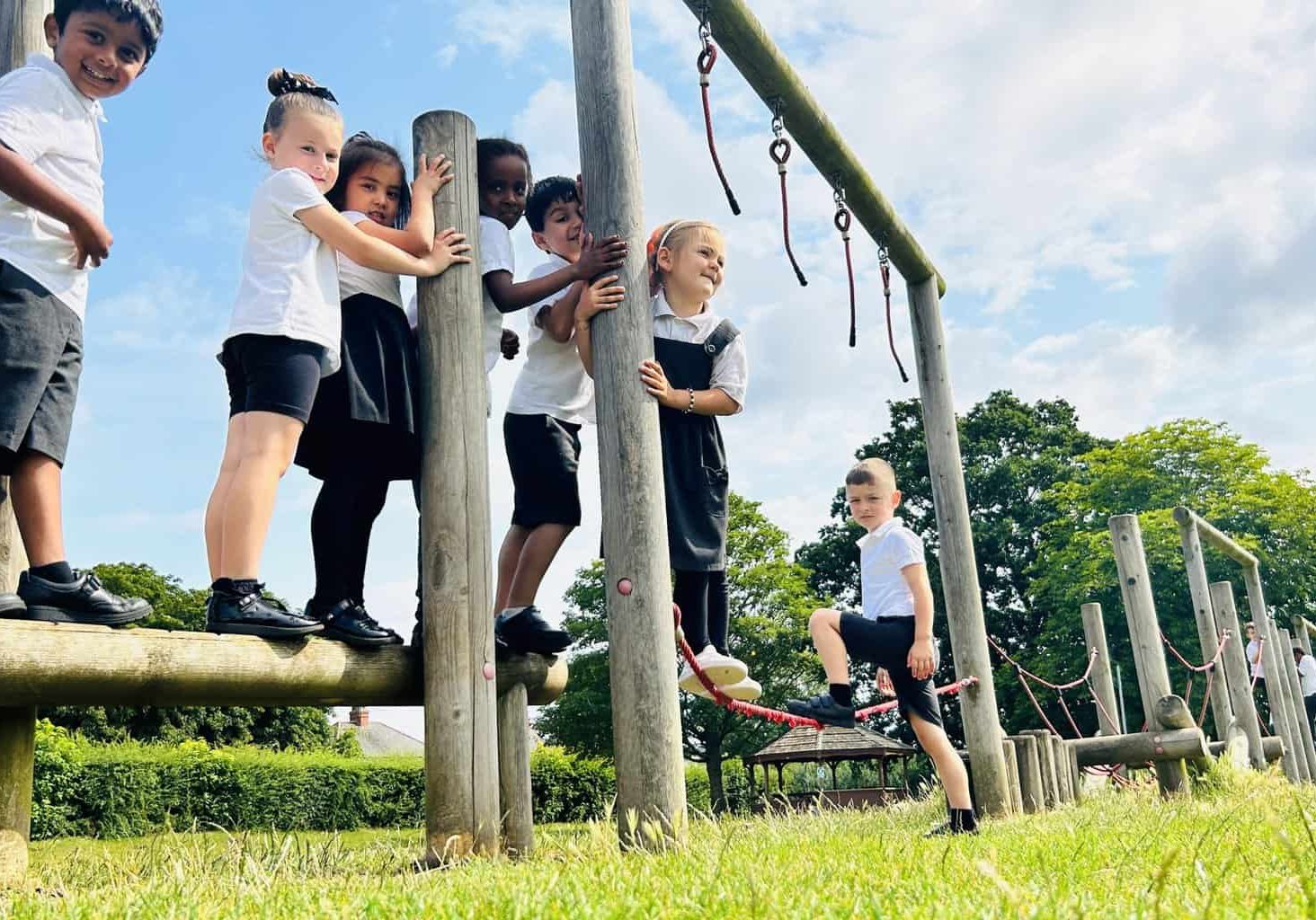




Science
At Chestnuts, we recognise how science impacts every aspect of daily life and how, without science, humankind would not have made progress throughout history. Through our learning, we encourage the children to apply our values: challenging themselves to explore and investigate; choosing their attitude to persevere when things are challenging; and having fun experimenting with new ideas.
Learning science is concerned with increasing pupils’ knowledge of our world and with developing skills associated with science as a process of enquiry. Our science curriculum develops the natural curiosity of the children no matter their backgrounds, encourages them to have respect for living organisms and instils in pupils the importance of caring for the natural environment.
Science at Chestnuts is set out by the year group requirements of the National Curriculum. This is to enable the accumulation of knowledge and allows progress through repeated topics across the years. Our curriculum is designed in this way as, at Chestnuts, we understand the science of learning behind developing long-term memory and the need to revisit topics. Teachers plan opportunities to develop scientific knowledge and conceptual understanding of the disciplines of physics, chemistry and biology.
Throughout the curriculum, we build upon the learning and skill development of previous years. As the children’s knowledge and understanding increases, and they become more proficient in selecting and using scientific equipment; and collating and interpreting results, they become increasingly confident in their growing ability to come to conclusions based on real evidence. Our progression documents and knowledge organisers show what children should already know.
The journey begins in the Early Years Foundation Stage through the stand of ‘Understanding of the World’ where for example children are taught about themselves through stories and play-based activities. As they move into Key Stage One, they begin to learn about the different parts of the body, the senses and the basic needs of humans. Then, in Key Stage Two, the children learn about the skeleton, teeth and the digestive system, the human life cycle and, finally, the circulatory system and how to keep healthy.
Working scientifically skills are taught throughout the children’s school career and new vocabulary and challenging concepts are introduced through direct teaching. This is developed through the years, alongside the knowledge content of the lessons.
We provide children with the foundations for understanding the natural world. Our engagement with the local environment ensures that children learn through varied and first-hand experiences. Learning also takes place outdoors so pupils can investigate their immediate environment. Through various workshops, trips and interactions with experts and local charities, children have the understanding that science has changed our lives and that it is vital to the world’s future prosperity. Children learn the possibilities for careers in science as a result of our community links and connection with national agencies such as STEM, empowering them to work towards this should they wish to.
Research has been proven that, as children move into the secondary phase of their education, the sciences become male-dominated disciplines. At Chestnuts, we work to ensure equal science experiences and aspirations are provided for all of our children. We strive to promote science capital to all children, from all backgrounds through competitions, zooms with scientists, clubs and even collaborative work with organisations such as ‘The Royal Institute’ and the ‘Royal Society’.
We endeavour to ensure that the science curriculum we provide enables all children to gain the confidence and motivation to continue to further develop their skills into the next stage of their education and beyond.
